Here's Everything You Need to Know About Monocropping (And How It's Hurting the Environment)
Updated May 19 2020, 10:50 a.m. ET
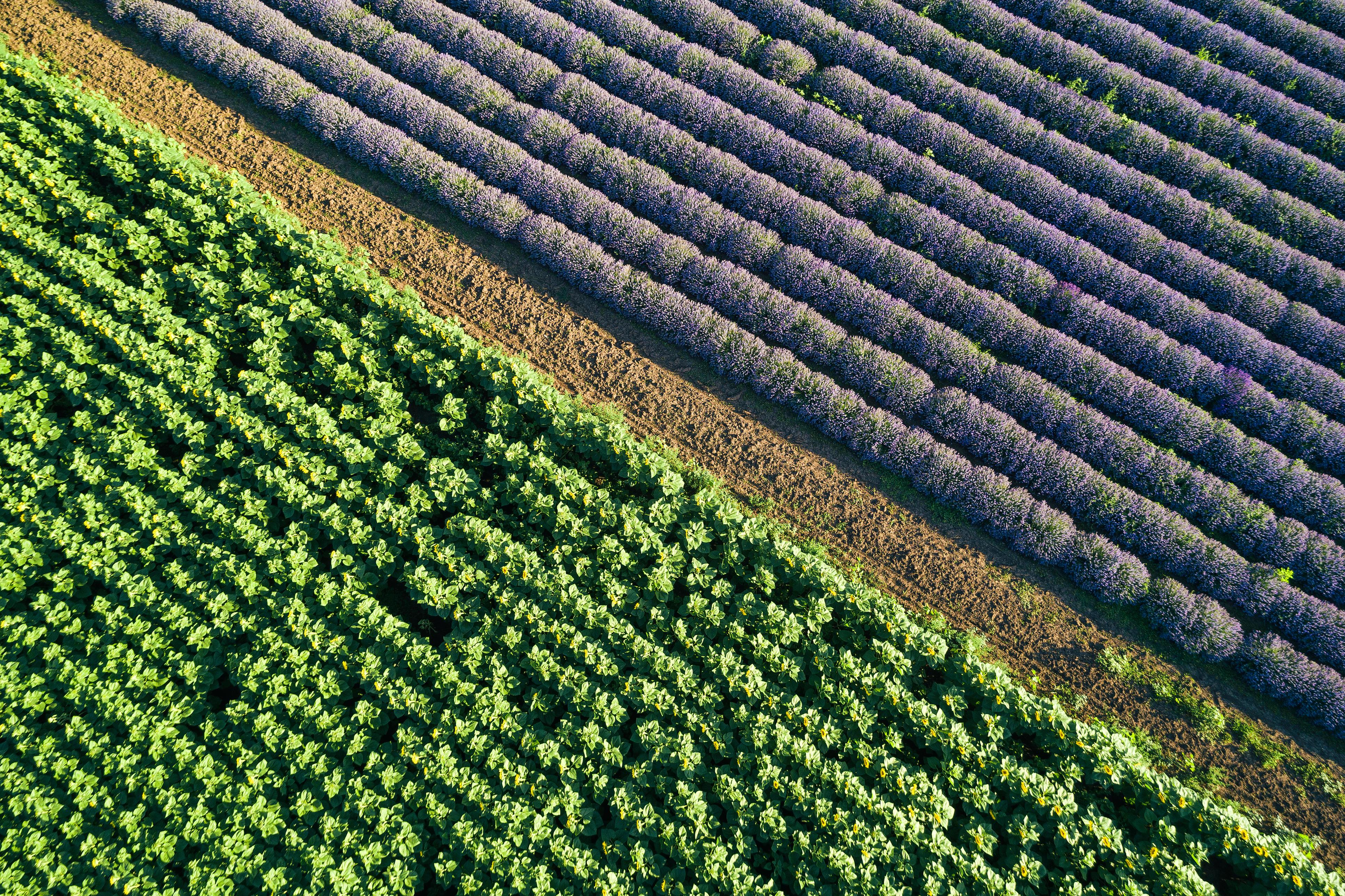
There is a lot of buzz around monoculture and monocropping. Many farmers have taken to this method of farming their crops as, for them, there are some benefits. However, when it comes to the environment, the benefits are few.
The effects of monocropping can be extremely detrimental to the environment. For farmers and gardeners, planting monoculture crops may seem an easy method to get the job done, but in reality, the adverse effects of monocropping can lead to a number of issues down the road.
What is monocropping?
Monocropping is the agricultural practice of growing a single crop year after year on the same land, in the absence of rotation through other crops or growing multiple crops on the same land, which is known as polyculture. When it comes to popular crops used for monocropping, corn, soybeans, and wheat are three common crops often grown using monocropping techniques.
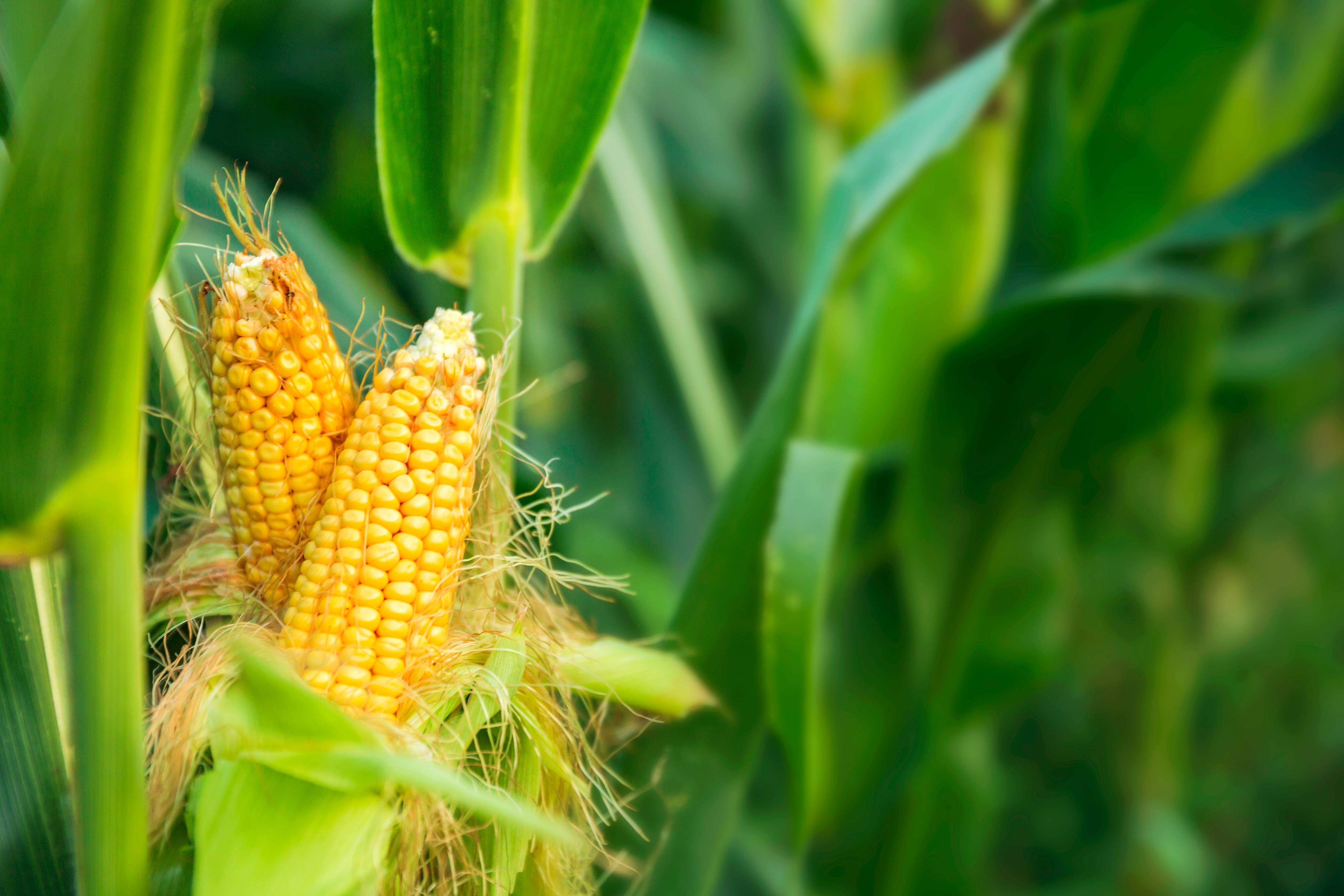
The method of monocropping allows for farmers to have consistent crops throughout their entire farm. Then the farmers plant their most profitable crop only, using the same seed, pest control, machinery, and growing method on their entire farm, which may increase overall farm profitability.
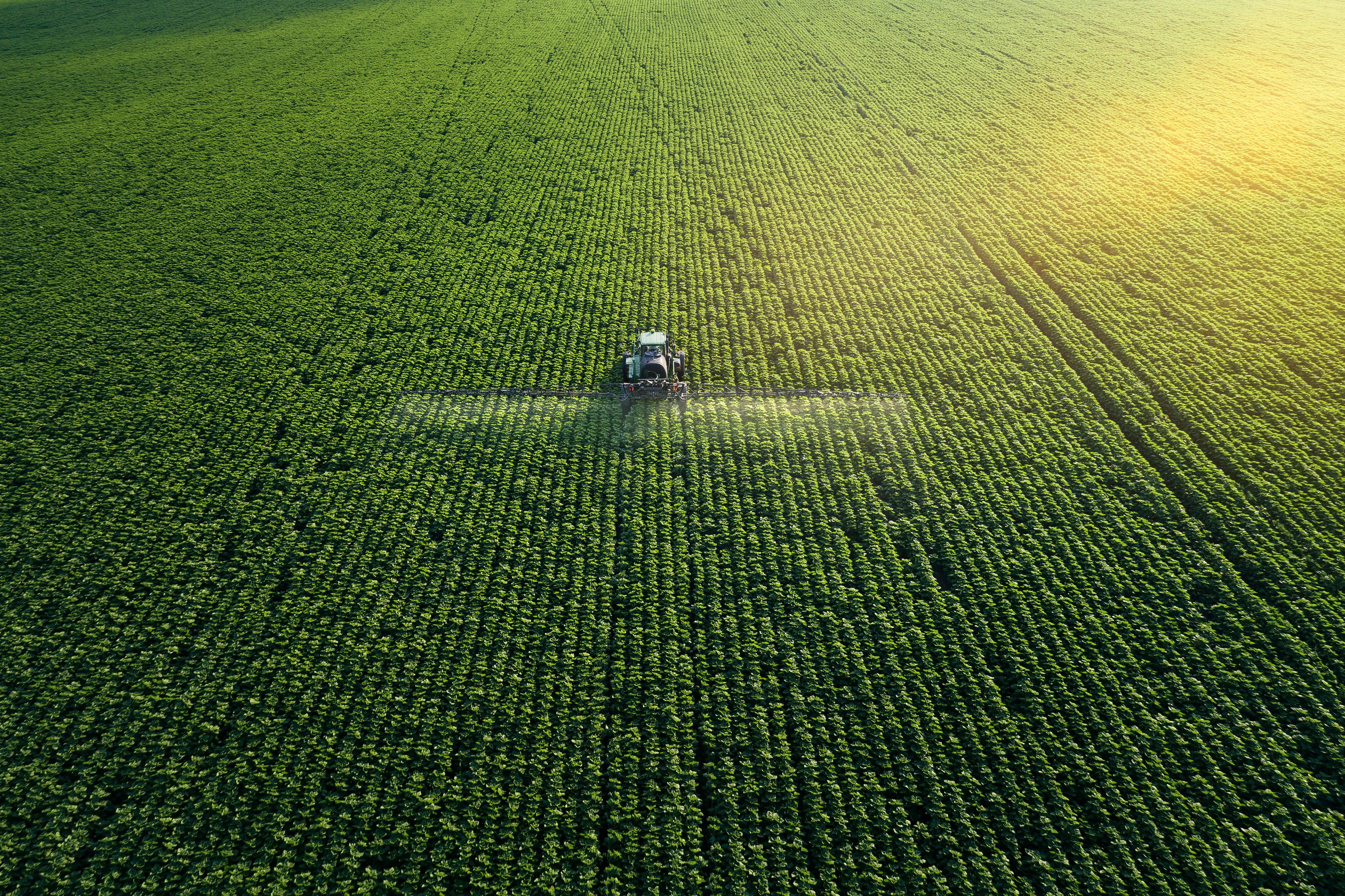
Those in favor of monocropping claim it is a more profitable way to farm than switching crops around each year. While this may be true in the short term, the effects of monocropping can be devastating for the environment.
Monocropping has many disadvantages to the environment.
When a farmer decides to plant the same crop in the same place each year, this method kills all the nutrients from the earth and leaves the soil weakened. Due to the weakness of the soil, it is then unable to support healthy plant growth. This causes a chain reaction of the soil structure and quality being so poor that farmers are forced to use chemical fertilizers to encourage plant growth and fruit production.
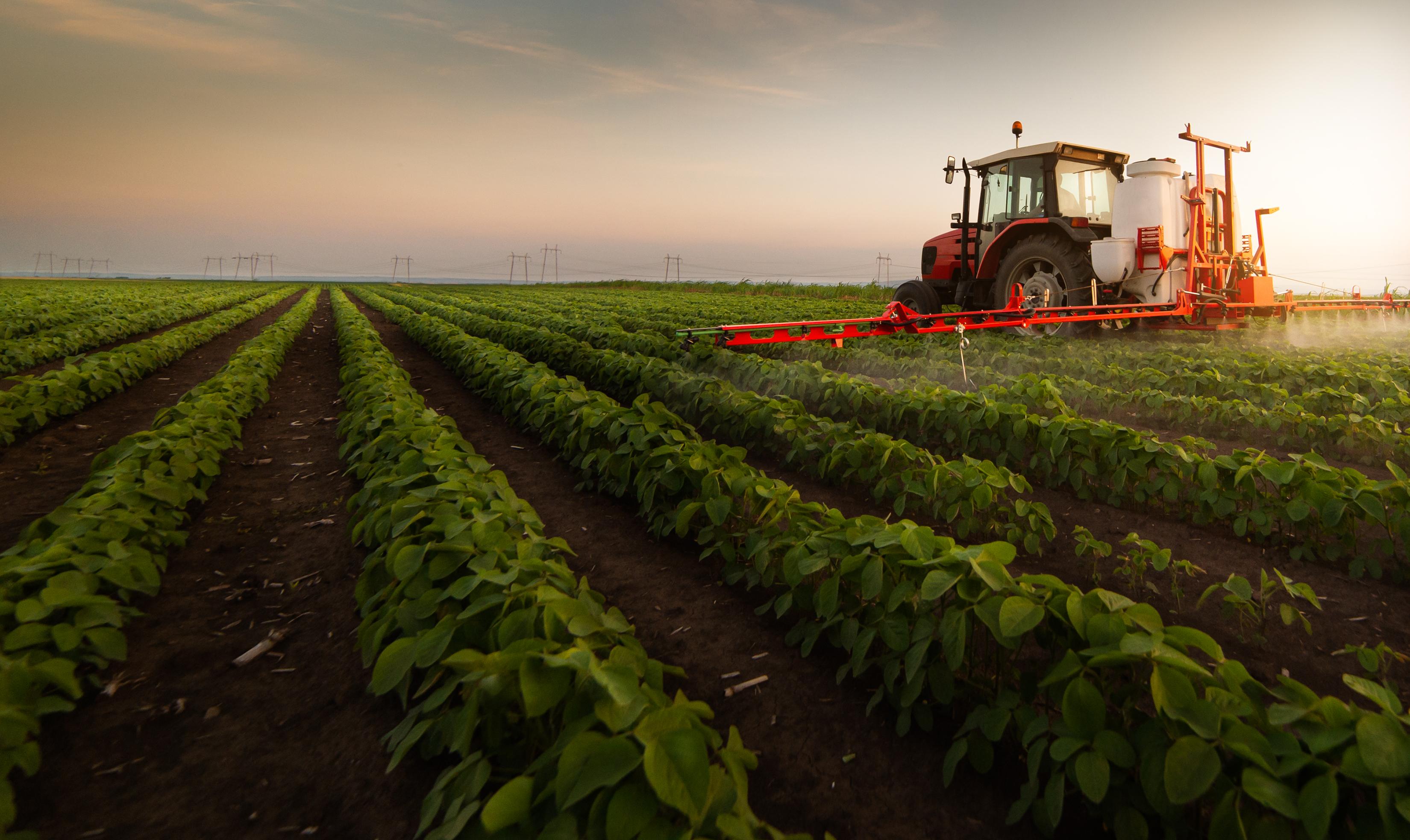
The depletion of the nutrients in the soil, the use of pesticides on the crops, and the fact that not the entire crop is used for food are three major reasons why monocropping, while affordable for farmers, leads to environmental issues.
Now with each season of monocropping, the surrounding land is even more reliant on the pesticides to fight off predators which in return puts more chemicals into the system. Another factor to consider when arguing that monocropping is problematic is how limiting farms to just one crop does not provide the diversity needed in our diets or to our ecosystem. In fact, according to Healthy Planet, 75 percent of the world’s crop varieties have been lost over the last century.
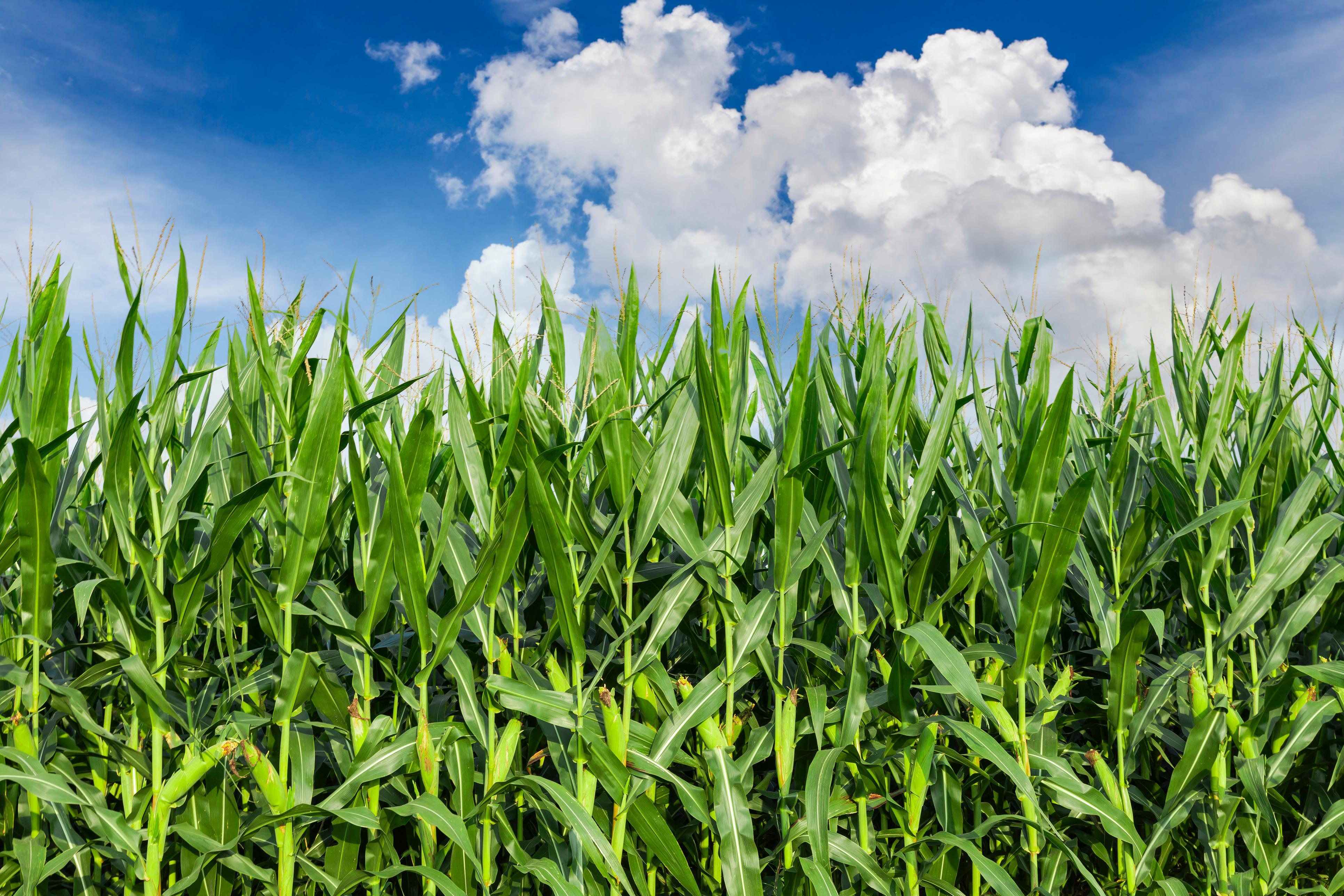
Manu Saunders, a post-doctoral Research Fellow in Ecology points out, maintaining biodiversity in plantations supports important ecosystem services that can increase yields, such as unmanaged pollination, biological control, and waste disposal services.
This diversity of plant species and sizes supports diverse wildlife communities, and this diversity supports ecosystem services such as pollination and biological control.
To fight against monocropping, shop local and buy organic.
Monocropping problems can be avoided altogether if organic farming methods are thriving. When diverse plant species are planted, crops are better able to withstand attacks from both insects and pests, thus eliminating the need for pesticides.
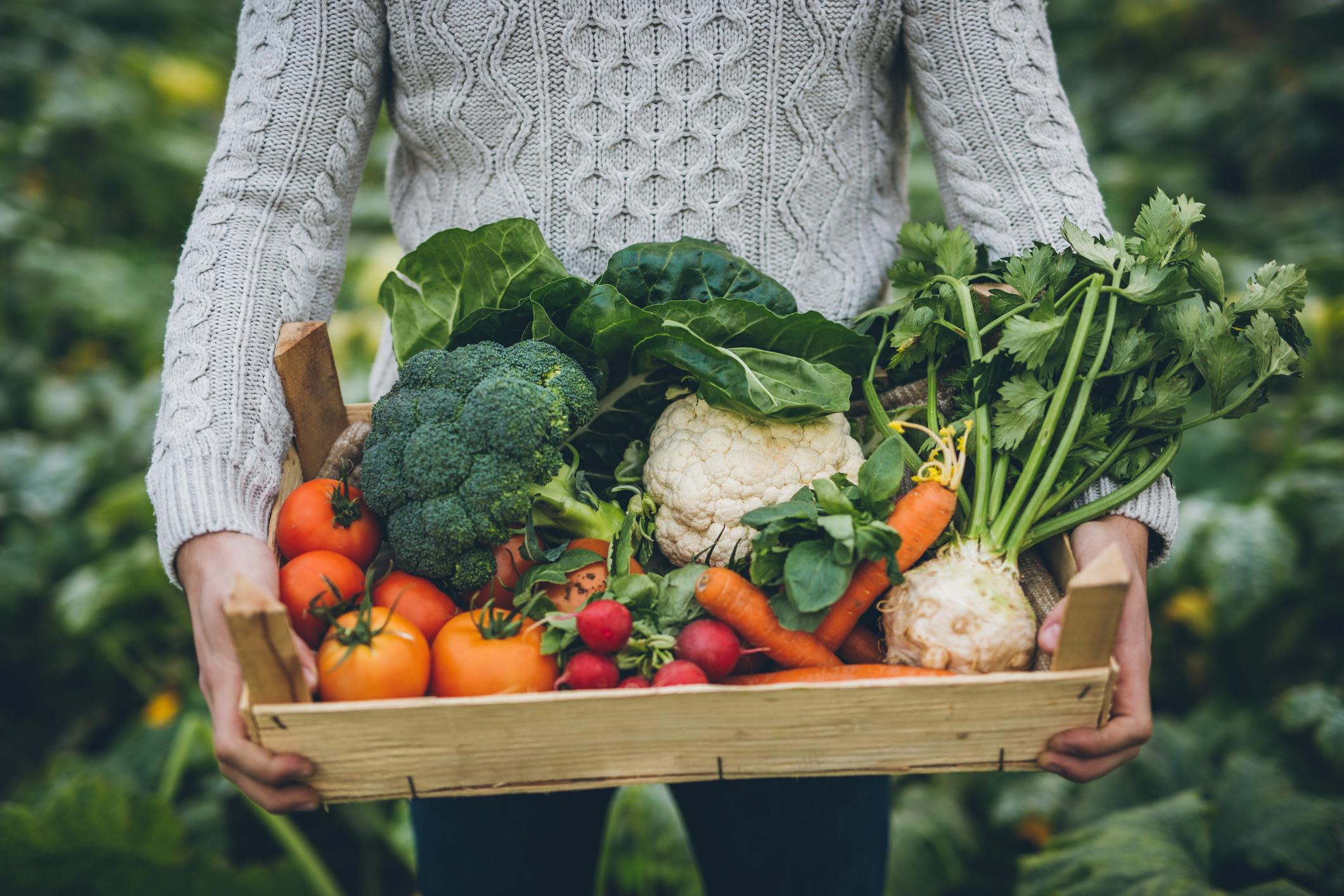
Organic farmers know the importance of soil health and tend to rotate crops to maintain yields. An organic farmer uses natural methods of bug control and natural, organic means of fertilizing the soil, which will not damage the soul, like those that use the method of monocropping.